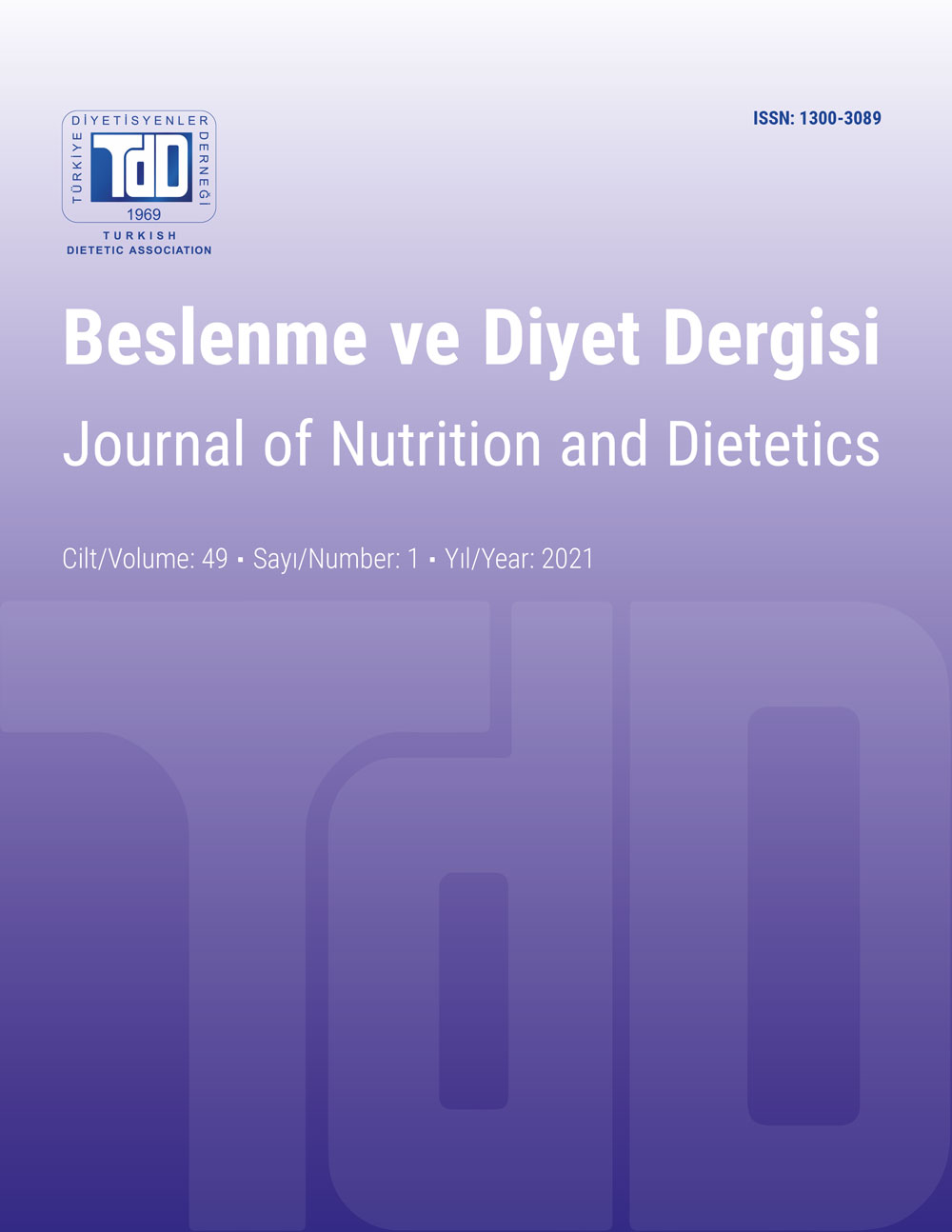Effects of Maternal Nutrition on Offspring: Fetal Programming and Epigenetic Mechanisms
DOI:
https://doi.org/10.33076/2021.BDD.1437Keywords:
fetal programming, epigenetic, maternal nutritionAbstract
Maternal nutrition plays a decisive role in the development of many non-communicable diseases. Maternal nutritional status during pregnancy can contribute and program the development of adult diseases. Along with various perinatal problems such as placental insufficiency, glucocorticoid exposure, nutritional deficiencies or excesses, and stress and the maternal intestinal microbiome may alter the development of the fetus/offspring, leading to a predisposition to the development of chronic non-communicable diseases. At the same time, nutritional interventions during pregnancy are very valuable for reversing the programming process and creating new strategies aimed at preventing non-communicable diseases. Gene expression can be affected by epigenetic mechanisms during fetal development. Epigenetic modifications of genes involved in deoxyribonucleic acid methylation, histone modifications and microRNAs may contribute to metabolic diseases later in life. In this review, epigenetic mechanisms, one of the mechanisms underlying the effects of maternal nutrition on fetal programming,were discussed in the light of data obtained from epidemiological studies and animal models.

